Content by Connie Strunk
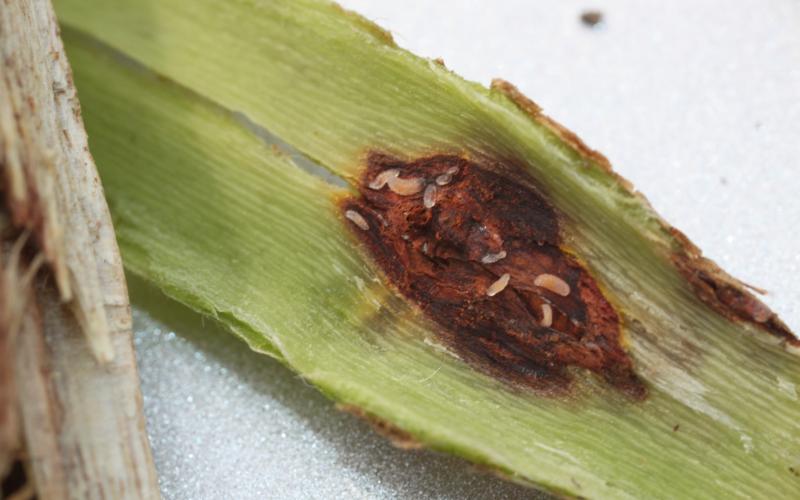
Small red maggots under your soybean plants’ epidermis? We have answers.
In 2015, we received plant samples of soybean that had small red maggots under the epidermis. Now, in 2017, we are starting to receive reports of these same insects being found under the epidermis of soybean in different parts of South Dakota.
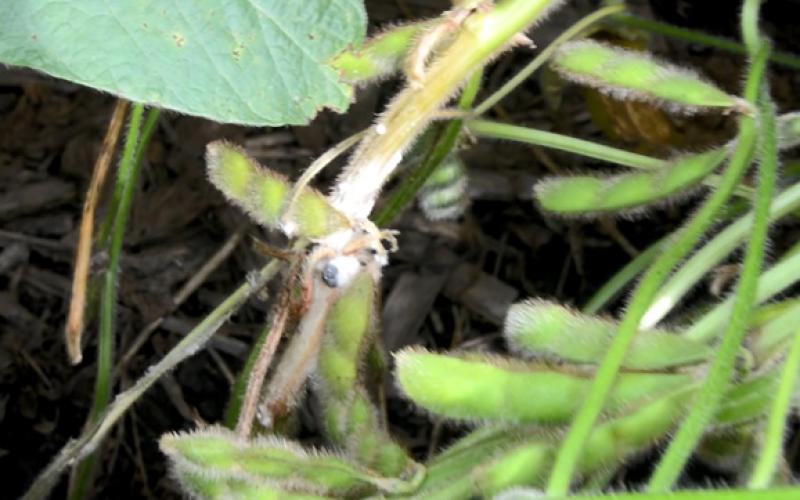
White Mold Development: Is your soybean field at risk?
According to USDA-NASS crop progress report for the week of July 17, 49% of the soybeans in South Dakota are at flowering. The flowering growth stage is also the time when white mold infection is initiated. The white mold pathogen infects the soybeans through the flowers that are senescing after pollination.
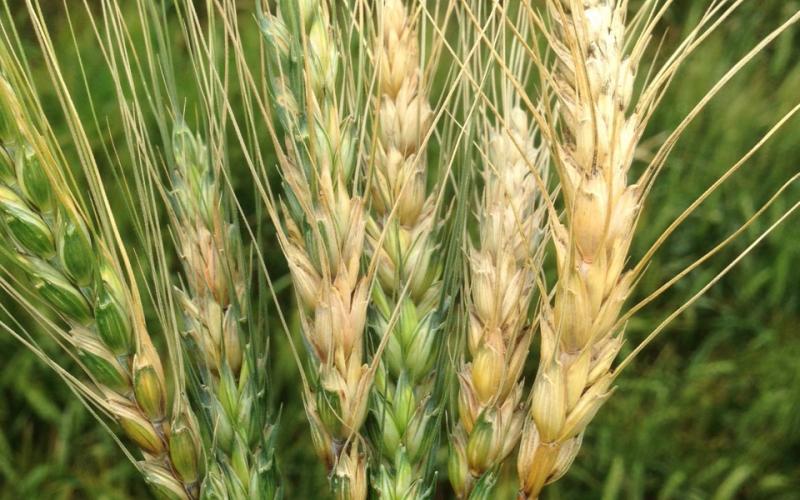
Wheat Stem Maggots Observed in S.D. Wheat
While scouting wheat fields throughout South Dakota, we have started noticing the presence of bleached heads scattered throughout many different fields. These discolored heads are the result of an infestation of the wheat stem maggot.
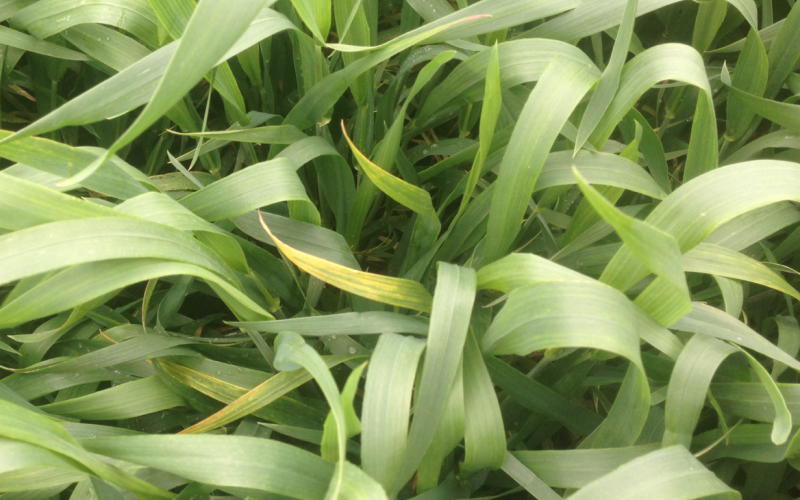
Barley yellow dwarf developing in winter wheat.
Barley yellow dwarf is starting to develop in winter wheat. Barley yellow dwarf is caused by the Barley yellow dwarf virus (BYDV). This disease usually becomes more distinct at flag leaf emergence. A typical symptom of Barley yellow dwarf is the purplish-yellow color of infected leaves, especially the flag leaf.
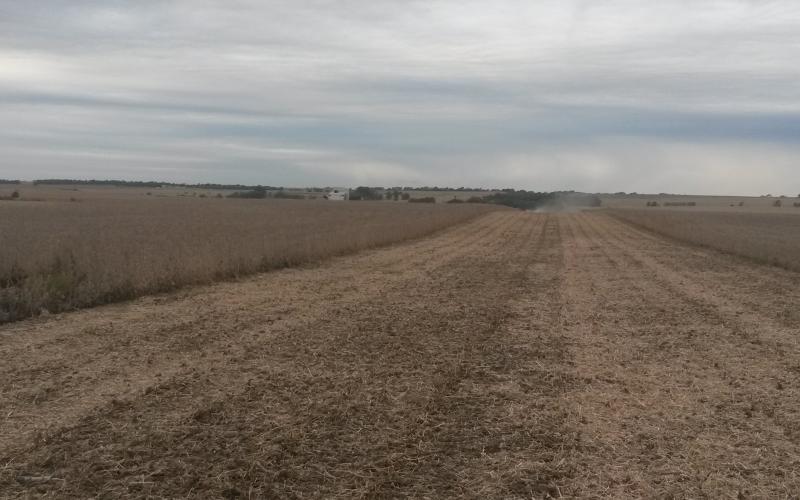
Soybean Investigations: Research on Your Farm Seeks Farmer Cooperators
SDSU Extension and the South Dakota Soybean Research and Promotion Council are seeking South Dakota Soybean Growers willing to participate in a farmer-led on-farm strip trial research program.
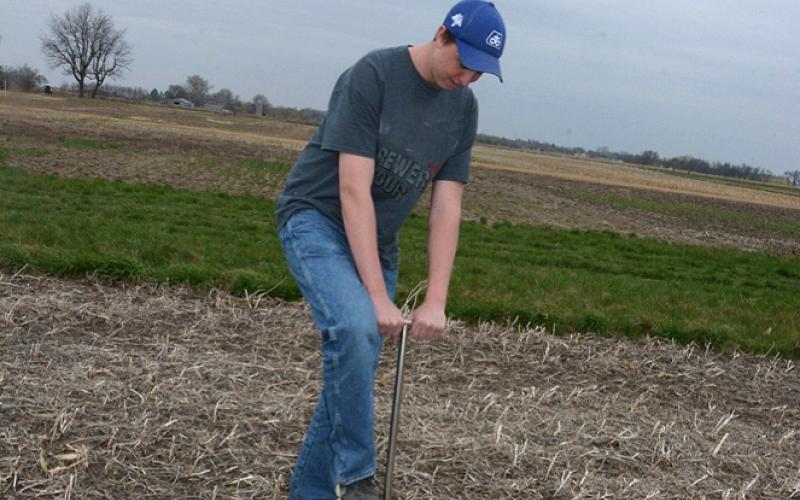
Consider SCN Sampling This Spring
Soybean cyst nematode management starts with a soil test to determine the presence or absence of this nematode in the soil.
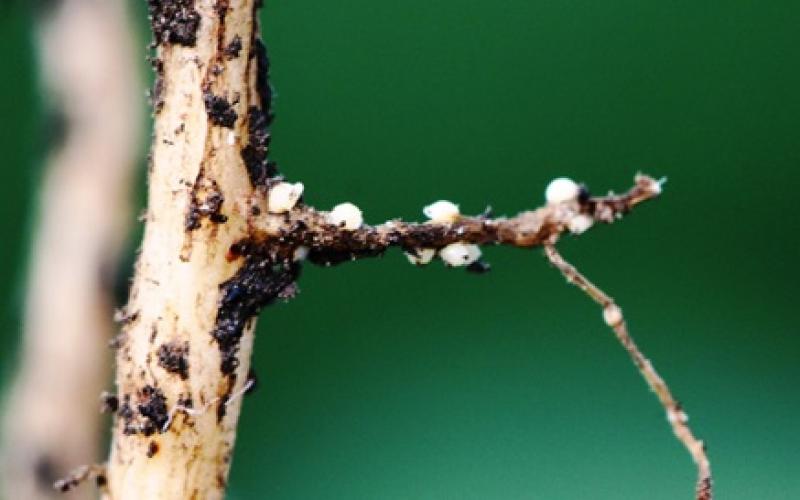
Scout and Soil Test for the Soybean Cyst Nematode
Soybean cyst nematode (SCN) is the main soybean production constraint in South Dakota. Soybean plants can be infested with SCN but may not display visible symptoms.
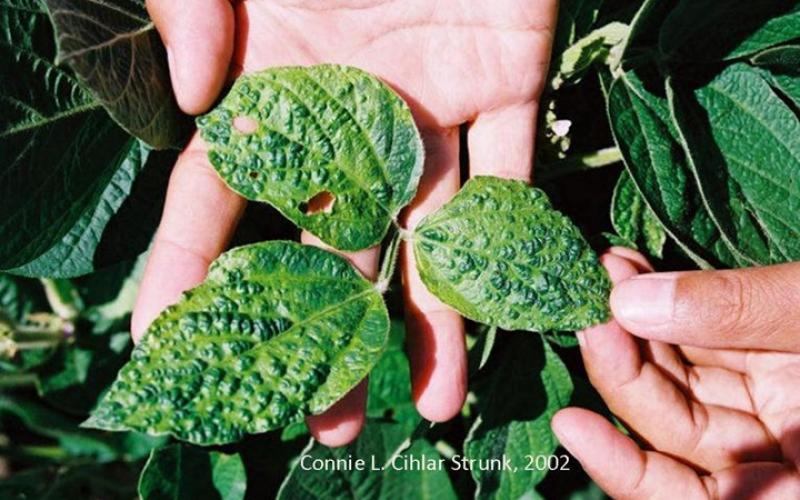
Soybean Pests: Bean Leaf Beetles and Bean Pod Mottle Virus
With the number of bean leaf beetle observations in soybean fields during 2016, the need for monitoring soybean for Bean pod mottle virus (BPMV) development increases. Bean pod mottle virus was first identified in South Dakota in 1998, and is recognized as a very economically important disease in soybean due to the potential for it to cause devastating losses to soybean yields.
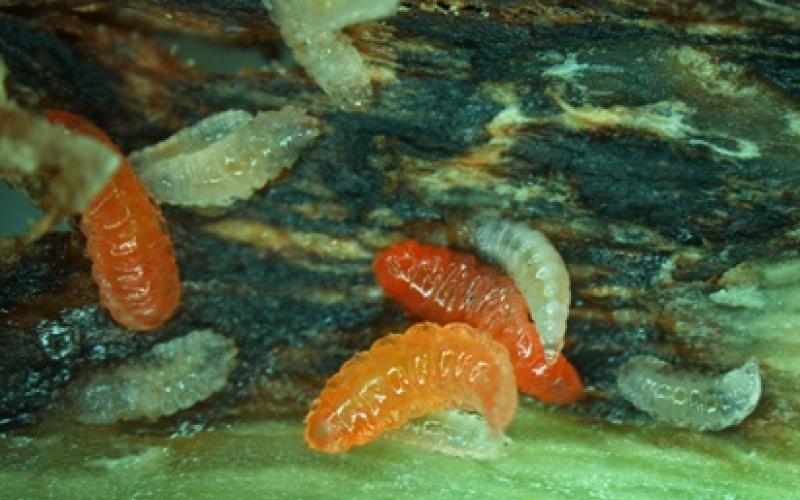
Gall Midge Larvae in Soybean Stems
Gall midge larvae were observed recently in soybean stems from a field in South Dakota. These insects were found under the epidermis of the stem that was slightly above the soil line.
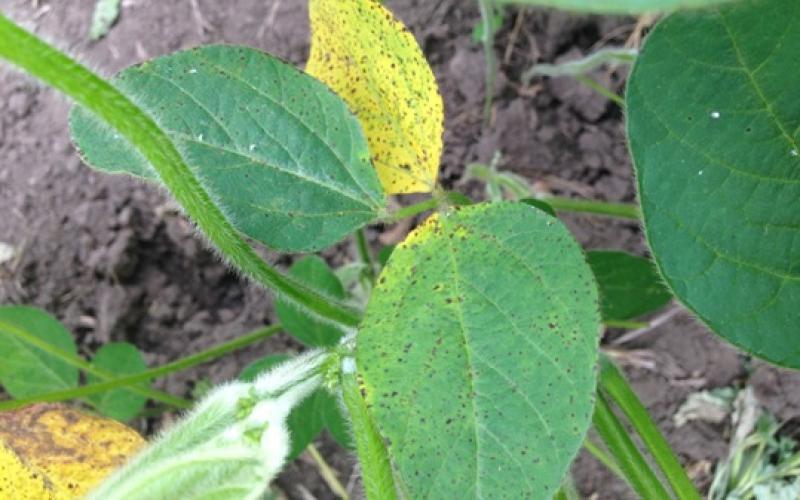
Soybean Diseases Update
A few soybean fields scouted had between low to moderate levels of brown spot (also known as Septoria leaf spot). Soybean planted into soybean stubble had elevated levels of brown spot.